Google almost 'broke the web' with its latest Chrome update
A planned feature would have throttled web apps like Slack and Discord
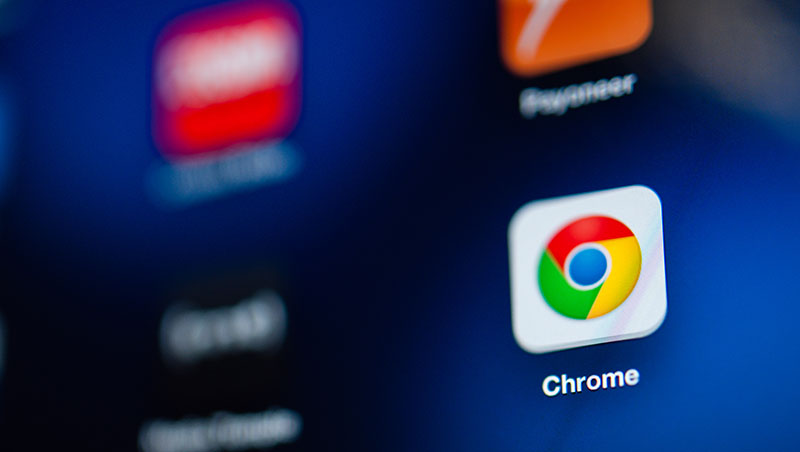
Google's latest edition of Chrome has been released, which almost included a throttling feature that could "break the web".
The latest version, Chrome 56, brings a host of smaller performance improvements, including faster page loads and unsecure page alerts, but narrowly avoided adding a tab-throttling feature, which could have made it impossible for some apps to run.
The well-intentioned addition, designed to reduce the strain on battery life from background web apps, would in fact limit the ability for applications to sync and "massage" data to create alerts.
"Avoiding expensive CPU work is not a panacea; that some applications must do significant work in the background, including syncing data, reading delta streams, and massaging said data to determine whether or not to alert the user," said Samuel Reed, CTO at BitMex, on the STRML blog.
This approach to background apps is "ignoring the new reality" that Chrome is no longer used to simply read webpages but is the "world's largest application platform", according to Reed. "This will break the web."
Popular web-based applications, including communication platforms like Slack and Discord, are heavily reliant on the ability to process notifications in the background and would be "hugely and adversely affected" by a throttling feature.
Thankfully, Google responded to feedback prior to the launch of Chrome 56, although the idea of throttling background apps has not entirely disappeared.
Get the ITPro daily newsletter
Sign up today and you will receive a free copy of our Future Focus 2025 report - the leading guidance on AI, cybersecurity and other IT challenges as per 700+ senior executives
"Unfortunately, our current implementation throttles WebSockets. Because of this we are not shipping this intervention in M56," a Google response read.
"The current plan is to disable time-budget background timer throttling for the pages with active connection (websocket, webrtc and server-sent events) and to ship M57 (subject to further feedback). We will keep you updated with the progress.
It appears the move is the latest in the attempt to reduce the amount of drain the browser places on battery life. Microsoft recently fueled the on-going battery life war with Google after claiming that Chrome's power consumption was 45% higher than that of Edge.
Dale Walker is a contributor specializing in cybersecurity, data protection, and IT regulations. He was the former managing editor at ITPro, as well as its sibling sites CloudPro and ChannelPro. He spent a number of years reporting for ITPro from numerous domestic and international events, including IBM, Red Hat, Google, and has been a regular reporter for Microsoft's various yearly showcases, including Ignite.
-
 Google faces 'first of its kind' class action for search ads overcharging in UK
Google faces 'first of its kind' class action for search ads overcharging in UKNews Google faces a "first of its kind" £5 billion lawsuit in the UK over accusations it has a monopoly in digital advertising that allows it to overcharge customers.
By Nicole Kobie
-
 Neural interfaces promise to make all tech accessible – it’s not that simple
Neural interfaces promise to make all tech accessible – it’s not that simpleColumn Better consideration of ethics and practical implementation are needed if disabled people are to benefit from neural interfaces
By John Loeppky
-
 Spanish spyware outfit uncovered, develops exploits for Windows, Chrome, and Firefox
Spanish spyware outfit uncovered, develops exploits for Windows, Chrome, and FirefoxNews Google was only able to discover the company after an anonymous submission was made to its Chrome bug reporting programme
By Zach Marzouk
-
 Google adds new security vendor plugins for Chrome, improved Chrome OS policy controls for IT admins
Google adds new security vendor plugins for Chrome, improved Chrome OS policy controls for IT adminsNews New integrations across various security pillars aim to improve Chrome OS and Chrome browser security for enterprise customers
By Connor Jones
-
 Google patches second Chrome browser zero-day of 2022
Google patches second Chrome browser zero-day of 2022News Google acted quickly to secure against the type confusion vulnerability that was under active exploitation
By Connor Jones
-
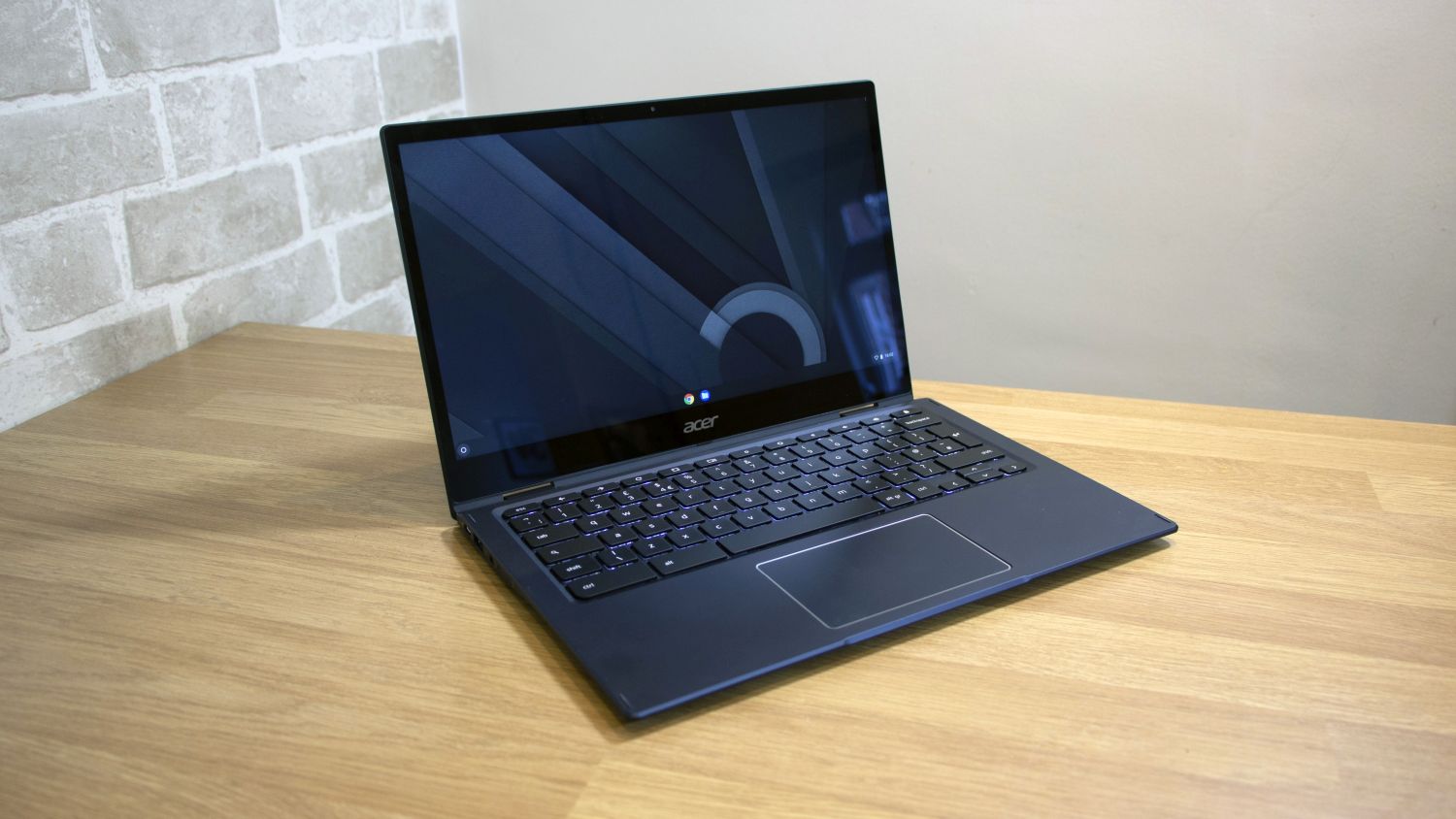
 Acer Chromebook Spin 513 review: Cheap and mostly cheerful
Acer Chromebook Spin 513 review: Cheap and mostly cheerfulReviews An affordable Chromebook convertible with good looks but mediocre performance
By Mike Jennings
-
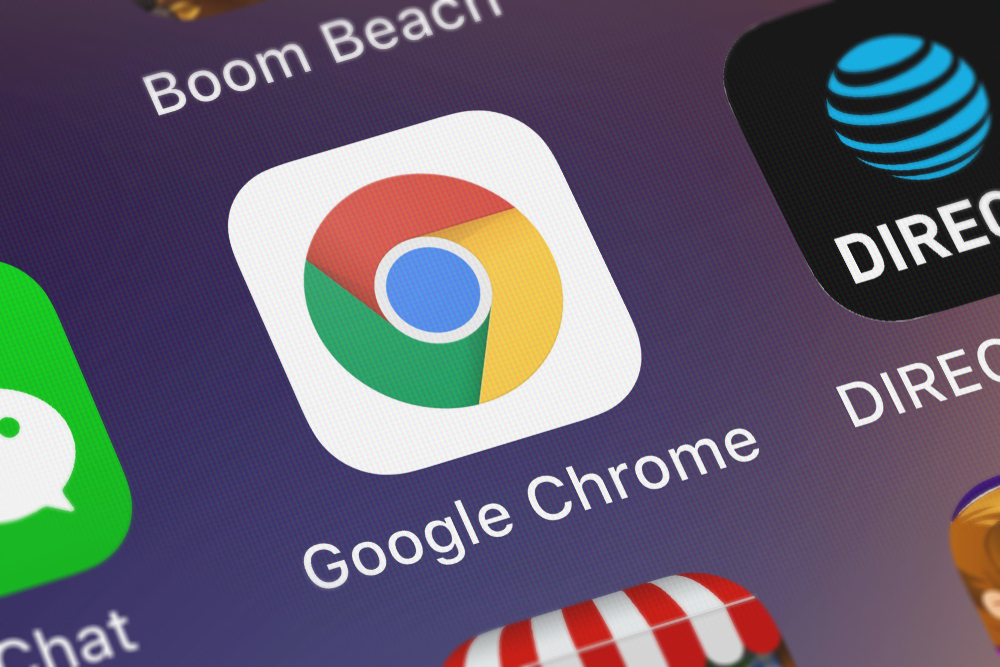 Google says Chrome is now faster than Safari on Apple Silicon
Google says Chrome is now faster than Safari on Apple SiliconNews According to Apple's own benchmarks, Chrome 99 scored the highest out of any browser ever tested
By Connor Jones
-
 Google Chrome update fixes zero-day under active exploitation
Google Chrome update fixes zero-day under active exploitationNews Google releases a fresh wave of patches for severe vulnerabilities that could facilitate code execution and system takeover via Google Chrome
By Connor Jones
-
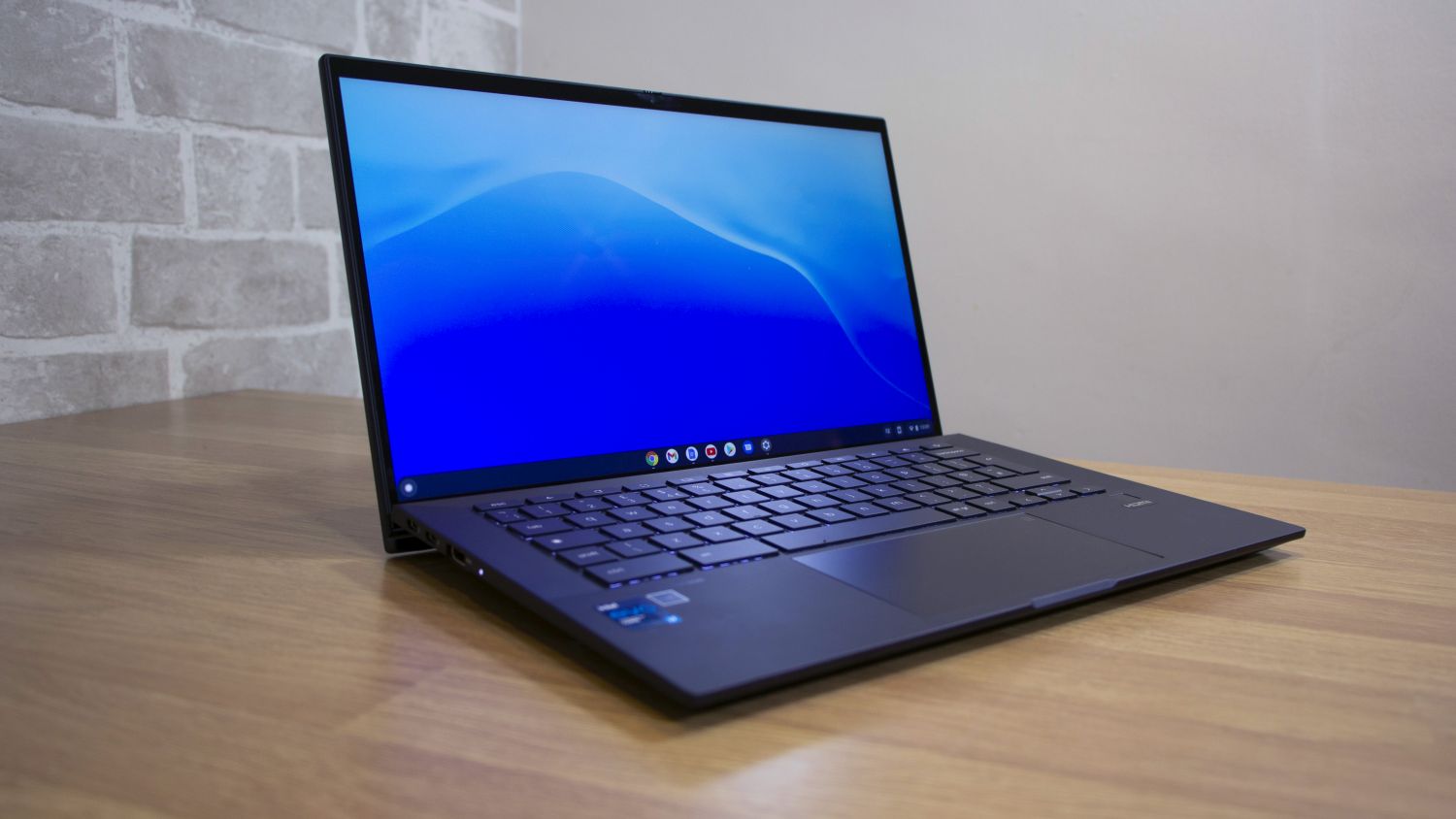
 Asus Chromebook CX9 (CX9400CE) review: The most stylish Chromebook on the market
Asus Chromebook CX9 (CX9400CE) review: The most stylish Chromebook on the marketReviews A sleek, expensive Chromebook that tries to bring professional style to Google’s OS
By Mike Jennings
-
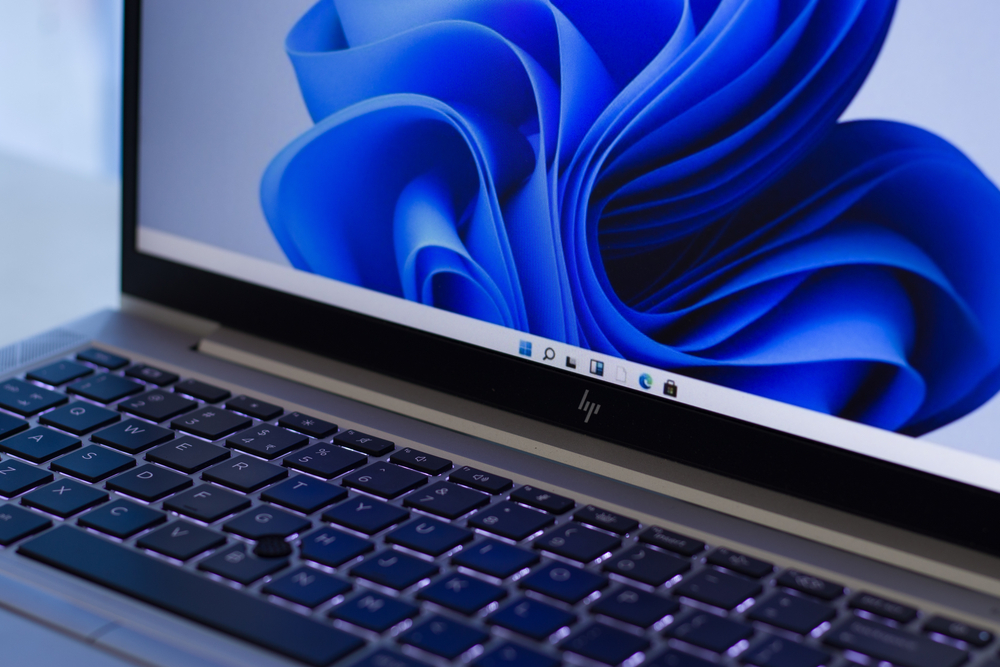 How to speed up Windows 11
How to speed up Windows 11In-depth Is Windows 11 feeling a bit sluggish? Here are some handy tips for tweaking the OS to fit your system
By Barry Collins